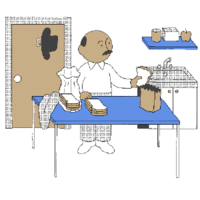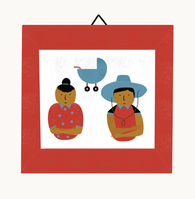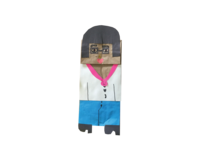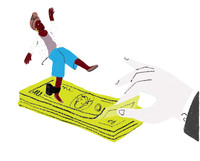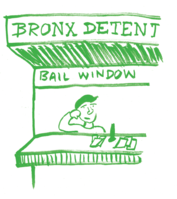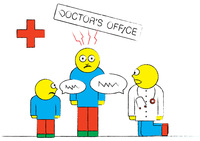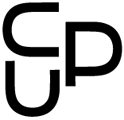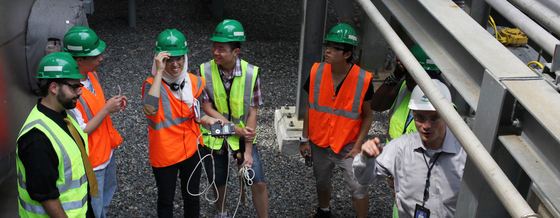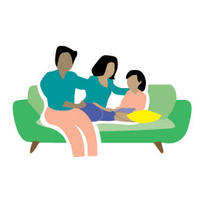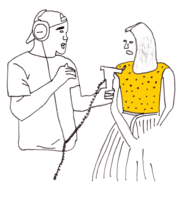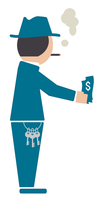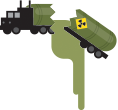Each investigation begins with a key question. Where does our water come from? Where does our garbage go? Who owns the Internet? To find answers, students go beyond standard classroom learning and engage in rigorous field research: visiting real sites and interviewing decision-makers and stakeholders. After researching the issue, students collaborate with a teaching designer to produce innovative, engaging multimedia teaching tools.
Many of these products are adopted by neighborhood organizations and advocacy groups who use them to educate their constituents.
By participating in Urban Investigations, students gain the skills to investigate their own communities. They gain access to the decision-makers that affect the world around them, and engage in active citizenship. Students learn how to creatively communicate their ideas through design. Project-based learning allows students to shine in multiple ways: from interviewing to illustration, from audio production to writing. Students see the city as the product of a decision-making landscape and are empowered to participate in it. The products that students create with a visual artist find real audiences and impact communities outside of the school in arts and social justice fields.
Who Should Apply
Urban Investigations work best in afterschool programs or school programs that can accommodate semester-long projects that meet at least two times a week. Sessions are usually three hours long to give the project team the flexibility to leave the classroom for site visits and interviews. Urban Investigations require a minimum of 80 contact hours.
CUP works exclusively with public high school students, or high school-aged students. We work with students who are not high-achieving in traditional academic settings, but have a lot to offer in terms of enthusiasm and curiosity.
